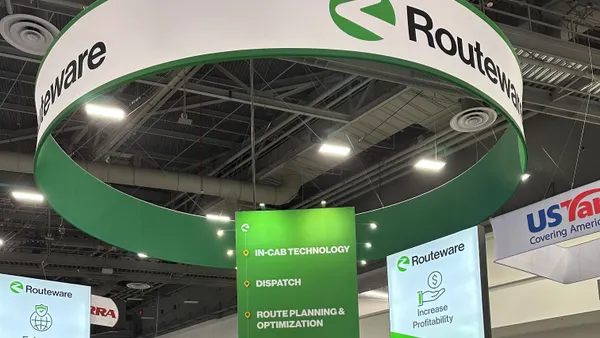Dive Brief:
- The University of Montana's current policy of storing its e-waste outside on pallets exposed to the elements is raising questions about environmental safety.
- ECS Refining currently picks up between 30,000 and 40,000 pounds of e-waste from the campus about twice per year and hauls it to California.
- A research project by Professor Vicki Watson and Shelly Mitchell, a former student employee, found that a cell phone exposed to water leached amounts of nickel above Environmental Protection Agency standards.
Dive Insight:
ECS Refining is both R2 certified and e-Stewards certified, but detractors of the current arrangement say it doesn't make sense to ship material out of state when it could be processed locally. Mitchell estimates that the university could be losing $200,000 per year in unrecovered resources, such as gold, inside the material. She has proposed a new business venture that would handle the material and another local company, Opportunity Resources, has also expressed interest.
While university employees have been receptive to the idea of processing material locally, they were skeptical about the viability of doing it on campus. In addition to space constraints and economic challenges, the fact that hauling e-waste within campus is currently the duty of union laborers is also another factor. University officials haven't ruled out a change though and have indicated that they will wrap the pallets more tightly to protect them from rain or snow in the meantime.
Processing material closer to its source is the ideal scenario from a closed-loop perspective. A recent report from the National Center for Electronics Recycling highlighted the need for new collection systems that transport material shorter distances. The report also projected that future material will be harder to process as manufacturers start making smaller devices with more components.










